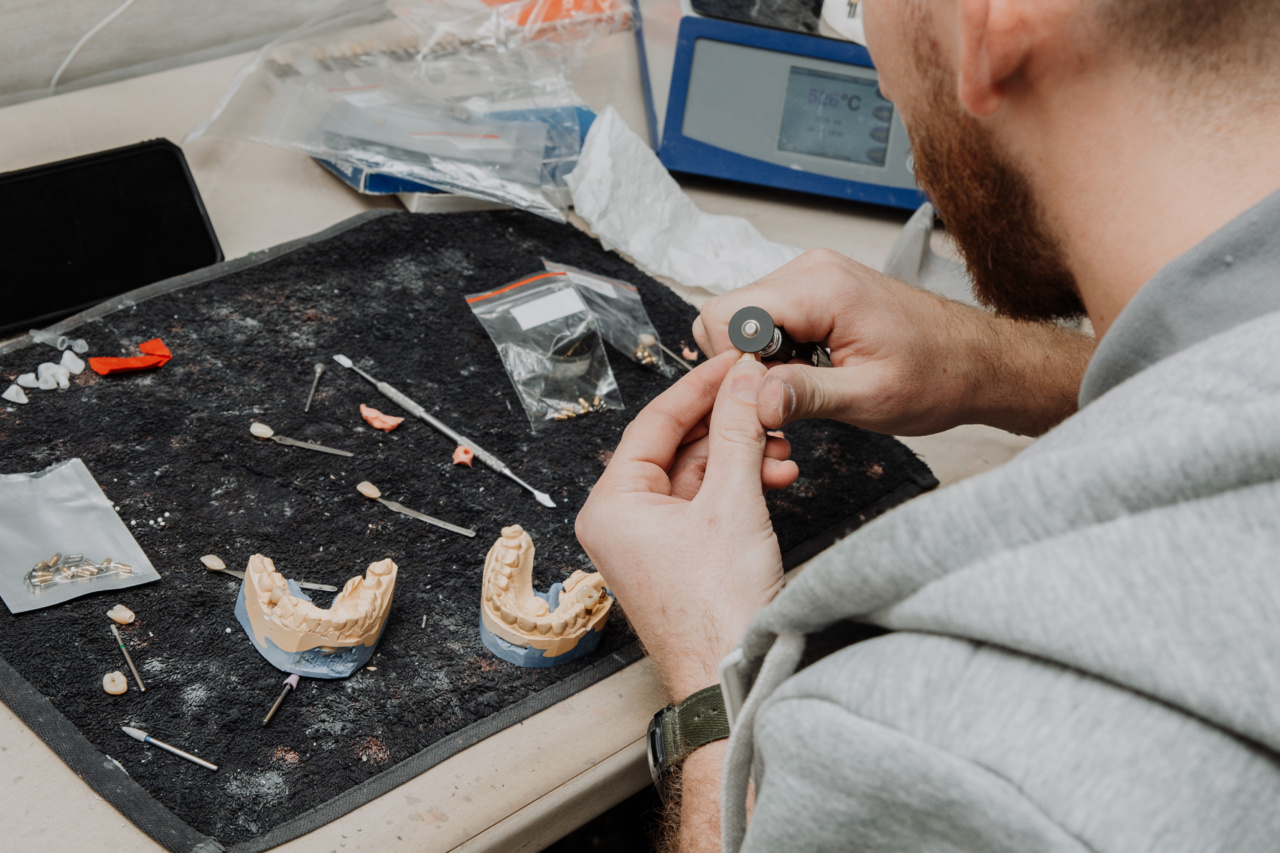Hiccups can be an annoying and sometimes embarrassing issue that affects people of all ages.
They are caused by an involuntary contraction of the diaphragm muscle, which can be triggered by various factors such as eating too quickly, drinking carbonated beverages, or even emotional stress. While hiccups usually go away on their own, there are some cases where they persist for hours or even days. In this article, we’ll share some of the doctor’s hiccups-relieving techniques that you can try next time you get the hiccups.
1. Hold your breath
One of the simplest and most commonly known ways to get rid of hiccups is to hold your breath. Take a deep breath and then hold it for as long as you can.
This helps to increase the level of carbon dioxide in your blood and distract your brain from the hiccupping reflex. Once you feel that your lungs are about to burst, exhale slowly.
2. Swallow a spoonful of sugar
Another effective hiccup remedy is to swallow a spoonful of granulated sugar. The glycemic content of the sugar triggers a nerve in your throat that stimulates the muscles involved in swallowing.
This, in turn, interrupts the hiccup cycle and halts the contractions of your diaphragm. For a more enjoyable experience, you can also try mixing the sugar with a little bit of water to make a syrup.
3. Breathe into a paper bag
If you’re experiencing hiccups due to hyperventilation, breathing into a paper bag can help. When you breathe out, you release more carbon dioxide than you take in.
This can lead to a lower level of carbon dioxide in your blood, which may trigger the hiccups. Breathing into a paper bag helps to increase the level of carbon dioxide in the air that you inhale, balancing the carbon dioxide levels in your body and reducing the hiccups.
4. Drink from the far side of a glass
This may sound strange, but drinking from the far side of a glass can help to relieve hiccups. Basically, you need to lean forward and drink from the opposite side of the glass that your mouth sits on.
This could work because of the way your brain interprets the signals coming from your throat and mouth.
5. Gargle with ice-cold water
Gargling with ice-cold water can help to stimulate the vagus nerve, which runs through your body from your brain to your abdomen. The stimulation of this nerve can interrupt the hiccup reflex and stop the diaphragm muscle from contracting.
For best results, use ice-cold water and gargle for at least 30 seconds.
6. Pull your knees to your chest
Lying down and pulling your knees to your chest can help to put pressure on your diaphragm, which may make it stop contracting. Lie on your back and slowly bring your knees towards your chest, holding them there with your hands for a few seconds.
Release your legs and take deep breaths. Repeat if necessary.
7. Massage the roof of your mouth
You can also try massaging the roof of your mouth with your tongue or a cotton swab. This can help to stimulate the nerves in your throat and interrupt the hiccupping reflex.
Alternatively, you can try gargling with water and massaging the back of your throat.
8. Use a spoonful of vinegar
Vinegar has a strong taste and odor that stimulates the nerves in your throat. Put a spoonful of vinegar in your mouth and hold it there for a few seconds before spitting it out.
This jolt to your system may be enough to disrupt the convulsive movement of your diaphragm and stop the hiccups.
9. Apply pressure to your diaphragm
Applying pressure to your diaphragm can also help to relieve hiccups. Find the notch between your breastbone and rib cage and apply gentle pressure with your thumb for about 30 seconds. You can also use a rolled-up towel or a tennis ball.
Applying pressure to the area surrounding your diaphragm may help to relax the muscle and stop the contractions.
10. Take a hot shower
Taking a hot shower can help to relax your diaphragm and relieve hiccups. The warm water relaxes your muscles and increases blood flow throughout your body, which may help to stop the contractions of your diaphragm.
Additionally, the steam from the shower can help to clear congested nasal passages and relieve sinus pressure that may be associated with hiccups.
Conclusion
Hiccups can be an annoying and inconvenient problem. Fortunately, there are many remedies that can help to stop the contractions of your diaphragm and relieve your hiccups.
Try the doctor’s hiccups-relieving techniques mentioned above and see which one works best for you. In most cases, hiccups will disappear on their own, but if they persist for more than a couple of days, you should consult your doctor.
Remember, prevention is always better than cure, so try to avoid foods and beverages that trigger your hiccups, and eat and drink slowly.






























